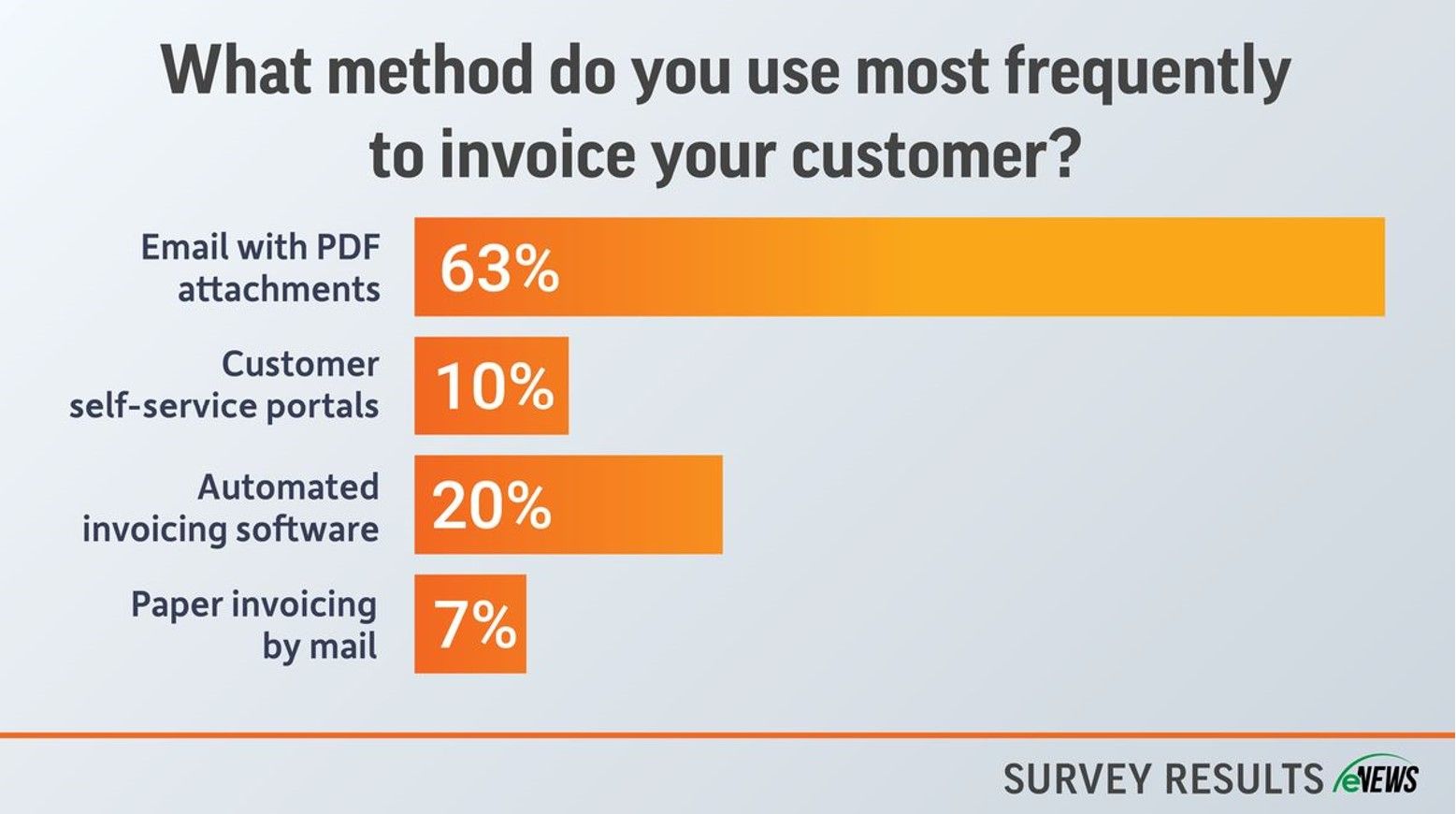eNews, Government
Increased Fraud Schemes Threaten Government Projects

The Financial Crimes Enforcement Network (FinCEN) and Internal Revenue Service (IRS) Criminal Investigation Department issued a notice of attention to a notable increase in state and federal payroll tax evasion and workers’ compensation insurance fraud in the residential and commercial real estate construction industries.
Both payroll tax evasion and workers’ compensation fraud are based on the use of shell companies; corporations without active business operations and forged documents. Each year across the U.S., state and federal tax authorities lose millions of dollars to these fraud schemes, typically committed through banks and check cashers.
FinCEN also warned financial institutions to pay attention to a range of red flags in order to detect and help prevent fraudulent transactions, including:
- Newer, highly specialized construction firms with minimal internet presence.
- A company’s bank account has minimal to nonexistent tax or payroll-related payments to the IRS, state and local tax authorities.
- The company has a third-party payroll company despite a large volume of deposits from clients.
- People with no prior experience in the construction industry opening accounts using a non-U.S. passport as identification.
- The purpose of cash withdrawals from an account holder, negotiation of checks for cash, or check cashing activity is for payroll and the volume, amount, and frequency of transactions are uncharacteristic for a construction company with a small number of employees.
“Any type of fraud scheme committed on a construction project can cause various types of actions that invariably can cause project delays,” said Chris Ring of NACM’s Secured Transaction Services. “Payroll tax and workers’ compensation fraud may also get contractors thrown off the project, especially government projects.”
One example of how workers’ compensation fraud is committed is by a company that goes under a different name, making that name the responsible party if a worker is injured. If a hurt employee does not have workers’ compensation insurance, the responsibility falls on the owner. Liability flows uphill, explained Emory Potter, Esq., partner at Hays & Potter, LLP (Peachtree Corners, GA). “The owner always needs to get a declarations page from who they contracted with in order for the compensation to stop with that person,” Potter said. “Just because someone hands you a workers’ compensation declaration page doesn’t mean it’s still in effect. A lot of people get a policy of workers’ comp and cancel the policy due to the expenses.”
Every entity in the U.S. is required by law to have workers’ compensation insurance coverage, according to the Labor Standards Bureau. But one of the ways to get around the requirement is by attempting to say employees are independent contractors. This typically fails due to the statutory employee rule, which states the statutory employer must pay workers’ compensation benefits just as the direct employer and subcontractor must do. In some cases, a lawyer will have to be hired in order to defend these charges, which cause major problems on the project. The more often these fraud schemes pop up, the more problems they can cause for individual construction projects.
Recordkeeping is just as important as reporting flags. When filing a suspicious activity report (SAR), you are required to maintain a copy of the SAR and the original record of any supporting documents for a period of five years from the date of filing the SAR. FinCEN’s notice said SARs are crucial in identifying and preventing payroll tax and workers’ compensation fraud schemes.
“Make sure you have physical text pages that are real,” said Potter. “If someone falls off a roof, and you don’t have insurance for your company, your company can get sued. Workers’ compensation insurance protects your company.”




